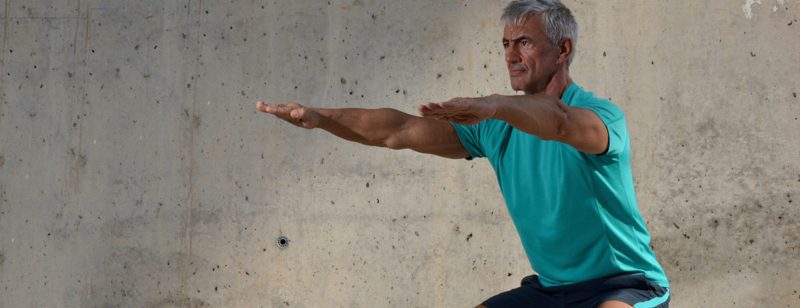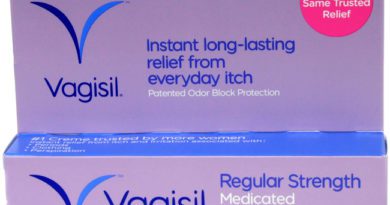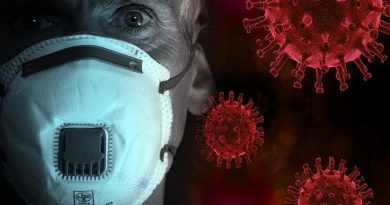How to Naturally Fight the Aging Process
Let’s all be honest with each other, we don’t want to think about getting old. We all want to think we can live forever and that age is just a number. We want to be care-free and live a life full of energy and excitement. If we want this to be a reality, it’s going to take some time and effort. Now, most of our healthy habits are not difficult per say, but rather, they take consistency and dedication. Here’s what we need to know when looking to naturally fight the aging process.
Something else you should consider reading is an article we published on epigenetics and how it influences the aging process.
Disclaimer: This article is for informational purposes only and is not meant to treat or diagnose any condition. It is recommended that you speak with your doctor to see what they recommend to help slow the aging process.
Table of contents
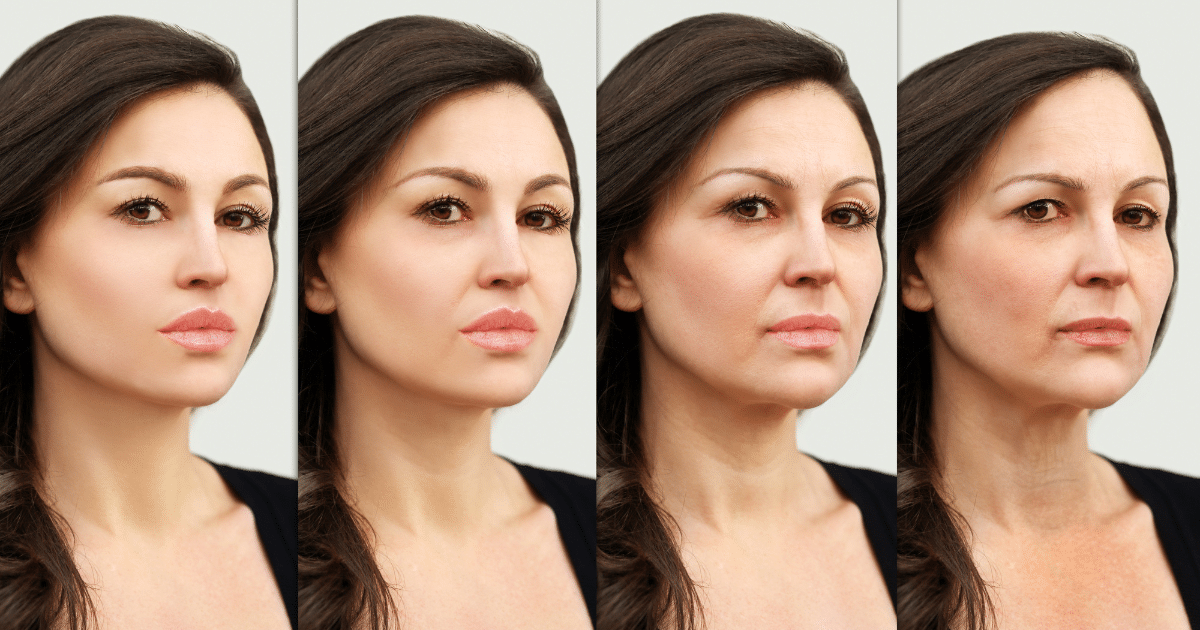
How Do You Define “Aging Process”?
The “aging process” refers to the cumulative and progressive changes that occur in living organisms over time, leading to a decline in physiological function and an increased vulnerability to various health issues. Aging is a complex and multifaceted phenomenon that involves a combination of genetic, environmental, and lifestyle factors. It is a universal and inevitable aspect of life that affects all living organisms, including humans.
The aging process encompasses a wide range of changes that occur at the molecular, cellular, tissue, and organ levels. These changes can impact various systems within the body, leading to alterations in physical appearance, functional capacity, and susceptibility to diseases. While some aspects of aging are genetically predetermined, environmental factors and lifestyle choices can also significantly influence the rate and extent of aging.
What Happens and Changes During the Aging Process?
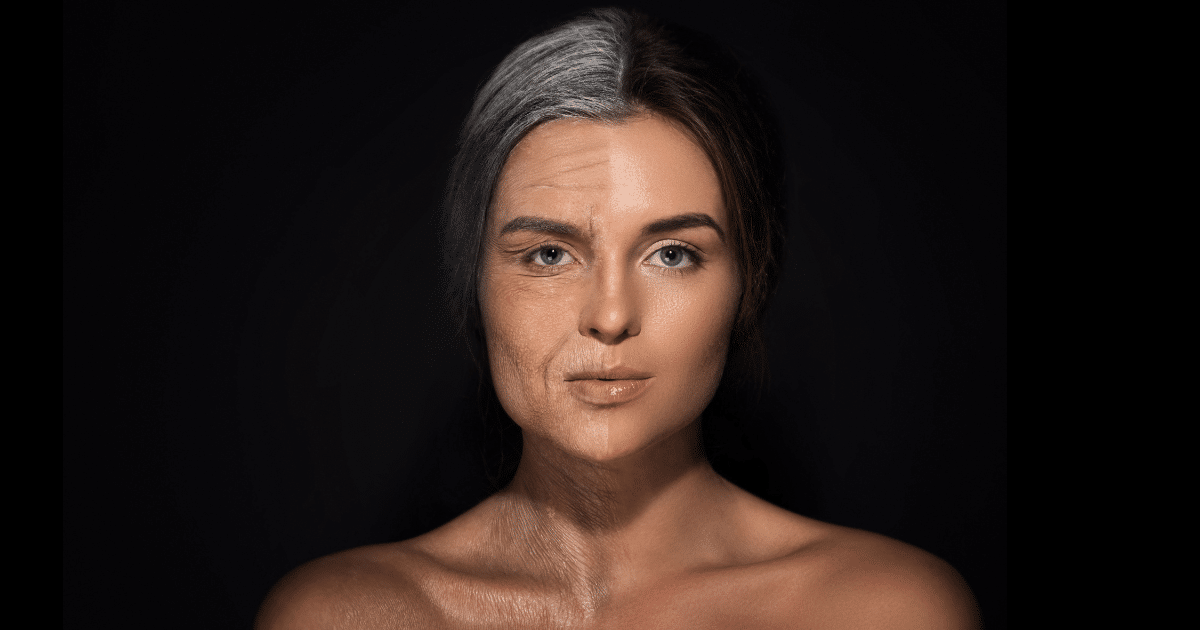
The aging process is a complex and multifaceted phenomenon that involves a combination of genetic, environmental, and lifestyle factors. While the aging process is highly individualized, there are certain common changes and developments that tend to occur as people grow older. Here are some key aspects of the aging process:
- Cellular Changes:
- Cellular Senescence: Cells undergo a process called senescence, where they lose their ability to divide and replicate. This can contribute to tissue and organ dysfunction.
- Telomere Shortening: Telomeres, which are protective caps on the ends of chromosomes, tend to shorten over time. This is associated with cellular aging and eventual cell death.
- Organ Function:
- Decreased Organ Function: Many organs and tissues experience a decline in function with age. For example, the heart may pump less efficiently, the kidneys may filter blood more slowly, and lung capacity may decrease.
- Muscle and Bone Changes:
- Muscle Mass and Strength Reduction: Loss of muscle mass and strength, known as sarcopenia, is common with aging. This can lead to decreased mobility and increased vulnerability to falls.
- Bone Density Reduction: Bones may become less dense and more prone to fractures, a condition known as osteoporosis.
- Cognitive Changes:
- Memory Decline: Some individuals may experience a decline in memory and cognitive function. Age-related memory loss is normal, but severe cognitive decline may be indicative of conditions like dementia or Alzheimer’s disease.
- Slower Processing Speed: Processing speed and reaction time may slow down with age.
- Sensory Changes:
- Vision and Hearing Loss: The eyes and ears may undergo changes, leading to decreased visual acuity and hearing loss.
- Taste and Smell Changes: The ability to taste and smell may diminish.
- Hormonal Changes:
- Hormonal Decline: Changes in hormonal levels, such as a decline in estrogen and testosterone, can occur and contribute to various age-related health issues.
- Immune System Changes:
- Weakened Immune Response: The immune system may become less efficient, making individuals more susceptible to infections and illnesses.
- Skin Changes:
- Wrinkles and Dryness: The skin may lose elasticity, leading to the development of wrinkles and increased dryness.
- Metabolic Changes:
- Metabolic Rate Reduction: Metabolic rate tends to decrease with age, which can contribute to weight gain if dietary habits are not adjusted.
- Social and Psychological Changes:
- Psychological Resilience: While some individuals maintain psychological well-being, others may experience mental health challenges, such as depression or anxiety, in the face of life changes and losses.
- Social Networks: Changes in social relationships, retirement, and loss of loved ones can impact emotional well-being.
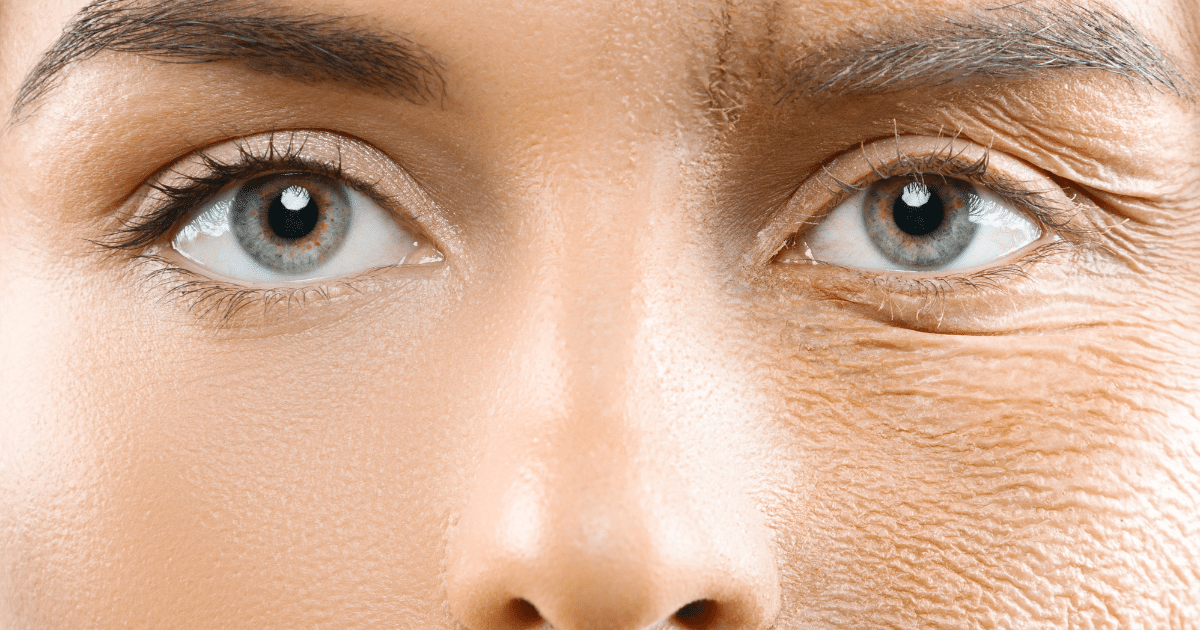
It’s important to note that aging is a highly individualized process, and not everyone will experience these changes to the same extent or in the same way. Additionally, lifestyle factors such as diet, exercise, and mental stimulation can play a significant role in influencing the aging process and promoting overall health and well-being.
Staying Active Can Help Naturally Fight Aging
This shouldn’t come as a big shock but, staying active is one of the best ways to naturally fight the aging process. In fact, a study conducted found that those who remained physically active as they aged were able to gain upwards of five years added to their life when compared to those who didn’t stay active.
Related Article: Sea Moss: An Untapped Health Secret from the Sea?
It is recommended that we engage in 150 minutes of physical activity each week. For example, if you were to walk for 30 minutes five days a week, you would be at your 150-minute recommendation. That could be something as simple as taking a walk after dinner with your spouse, significant other, kids, or dog. Additionally, it doesn’t matter how you break up the minutes either. You can go for a 15-minute walk around the neighborhood in the morning and then another 15-minute walk over lunch five days a week and hit your numbers. The key is to simply keep moving and stay active regardless of our age.

When we move more, we are better able to maintain our weight and drastically reduce the risk of health issues. A study looking at weight loss and health risks showed that even something as small as a 5-10 percent drop in body weight is enough to help improve blood pressure, blood glucose levels, and cholesterol levels. Essentially our overall health.
Related Article: Not All Pine Pollen Supplements Are Created Equal
One aspect that seems to diminish with age is muscle mass (this is called sarcopenia). Engaging in weight-bearing exercises as well as some form of resistance training is essential to maintain and keep your lean muscle mass. By doing so, you’re allowing your metabolism to stay healthy and continue burning calories even while at rest3. This essentially helps maintain a proper body weight and can further reduce the risk of health complications and illnesses due to having an excess of body fat. Those very same weight-bearing exercises also help strengthen bones to aid in preventing conditions such as osteoporosis.
Lastly, when it comes to staying active to fight the aging process, we need to look at the human brain. Dementia, Alzheimer’s Disease, and other illnesses that deal with the brain are generally more common as we age. For that reason, it’s important to stay active and constantly be using and stimulating our brains. Research has shown that by engaging in regular aerobic exercise that we gain the ability to protect the brain and memory4. As they say, the mind is a terrible thing to waste, so lets make sure we are doing everything possible to protect its health.
Click here to continue reading…


*Disclosure: This article may contain affiliate links or ads, which means we earn a small commission at no extra cost to you if you make a purchase through these links. These commissions help support the operation and maintenance of our website, allowing us to continue producing free valuable content. Your support is genuinely appreciated, whether you choose to use our links or not. Thank you for being a part of our community and enjoying our content.
PLEASE CONSIDER SHARING THIS ON YOUR SOCIAL MEDIA TO HELP OTHERS LEARN MORE ABOUT THIS TOPIC.


